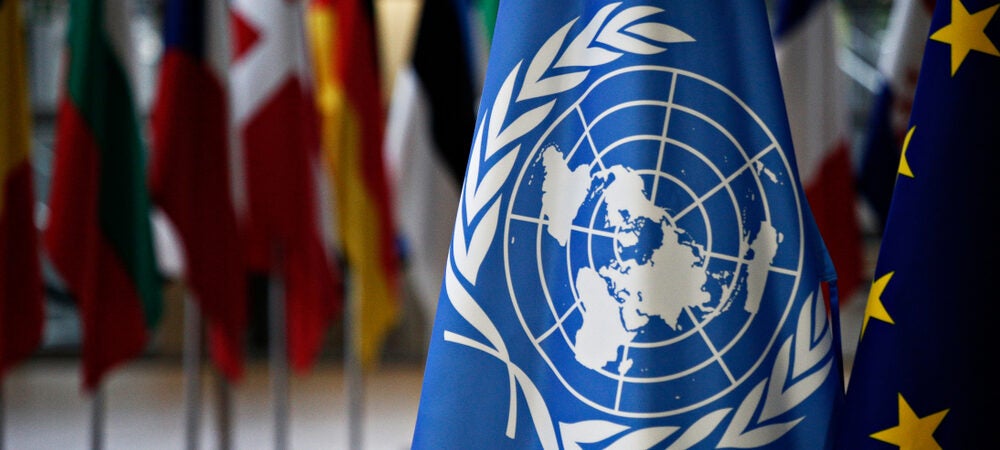FACT:
The only previous attempt to erase a U.N. member country from the map: 1990.
THE NUMBERS:
U.N. member states as of February 2022: 193
WHAT THEY MEAN:
From the transcript of Ukrainian Ambassador Sergei Kyslytsya’s remarks to the U.N. Security Council a week ago Tuesday:
“The internationally recognized borders of Ukraine have been and will remain unchangeable. Ukraine unequivocally qualifies the recent actions by the Russian Federation as violation of sovereignty and territorial integrity of Ukraine. … President Putin, who has taken a decision that we discuss today as a threat to the rules-based order, to the U.N. Charter, in particular its Article 2, as well as to international peace and security.”
Particularly relevant in the Ambassador’s reference to the U.N. Charter is Article 2’s Clause 3, on wars of conquest: “All Members shall refrain in their international relations from the threat or use of force against the territorial integrity or political independence of any state, or in any other manner inconsistent with the Purposes of the United Nations.”
Obviously, the actual U.N. members have frequently fallen short of the Charter’s aspirations over the 78 years since its signature. In the last decade especially, after a long period of peace among great powers, even close allies found it difficult to sustain a sense of common interest. But however far governments have fallen short of the Charter’s goals, they have almost invariably respected its ban on wars of conquest. Only once before last week’s attack on Ukraine (in Saddam Hussein’s 1990 attempt to annex Kuwait to Iraq) has one U.N. member state attempted to erase another from the map. Three thoughts on the events since:
(1) Respect for the ban on wars of conquest is at the foundation of any international aspiration, whether related to peaceful settlement of disputes among countries, scientific and medical progress, common action against environmental threats, prosperity and reduction of poverty, or reduction of the risk of war.
(2) The breach of this principle in the attack on Ukraine last week is very rare in modern history and exceptionally dangerous, in that it was ordered not by the rogue dictator of an isolated minor power but by a permanent member of the U.N. Security Council. Should it succeed, we may well expect more such events and a much more dangerous world. Should it fail, the taboo on wars of conquest will be greatly strengthened, and future attempts far less likely.
(3) The Biden administration and partner democracies have responded with a model of muscular, calm, and principled cooperation, first in attempting to dissuade the Russian government from attacking Ukraine, and then in their coordinated response, combining extensive financial and other sanctions with practical and moral support for Ukraine. The contrast between this response and the self-pitying folly of “America First” movements — in the 1940s or the 2020s — is stark, reminding us that isolationism makes the world more dangerous and ultimately Americans themselves less safe; and that when defense of international order and the principles Ambassador Kyslytsya cites prove necessary, the world’s democracies have many and powerful options.
To read the full commentary by the Progressive Policy Institute, please click here.

